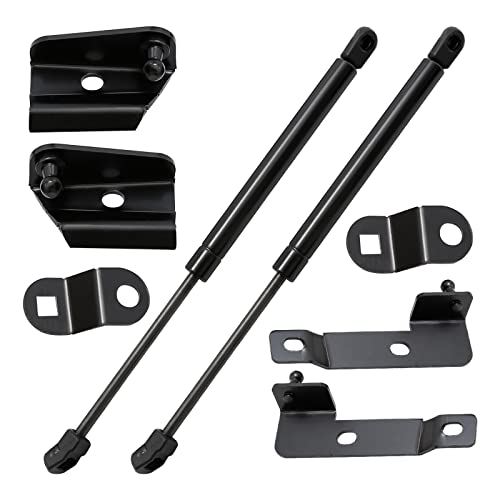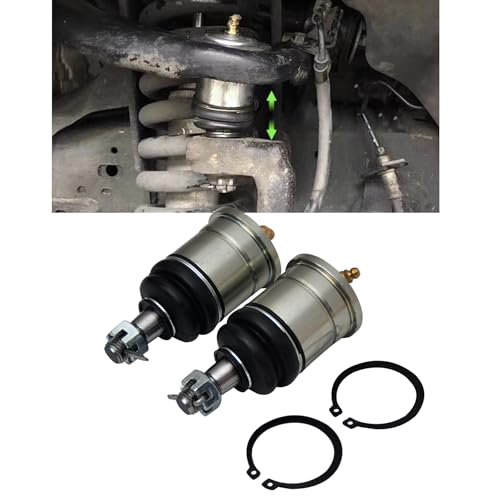Quick question.
For members who use an OBD reader.
What is your temp range when driving?
I've re-rebuilt my engine and I reckon it is running hot.
Outside temperature is less than 10°C.
With cruise control set at 100kmh on undulating open road, my temperature varies between 90 and 100 degrees. On a long downhill stretch it drops down to 87.
At 10 - 12 PSI boost, the temp is constant. Above 12 PSI the temp rises.
This is without carrying any load.
All the following is new; head, radiator, fan&clutch, hoses, and thermostat.
I cleaned out the block when the head was off.
I've lost count t of how many times I have flushed the cooling system.
At 50° the temp gauge starts moving, at 65° the needle is pointing at the clock adjusting knob. It doesn't move above this.
I've been told, diesels run at about 80°.
If there is a problem? If so, I want to fix it before I start towing in summer.
For members who use an OBD reader.
What is your temp range when driving?
I've re-rebuilt my engine and I reckon it is running hot.
Outside temperature is less than 10°C.
With cruise control set at 100kmh on undulating open road, my temperature varies between 90 and 100 degrees. On a long downhill stretch it drops down to 87.
At 10 - 12 PSI boost, the temp is constant. Above 12 PSI the temp rises.
This is without carrying any load.
All the following is new; head, radiator, fan&clutch, hoses, and thermostat.
I cleaned out the block when the head was off.
I've lost count t of how many times I have flushed the cooling system.
At 50° the temp gauge starts moving, at 65° the needle is pointing at the clock adjusting knob. It doesn't move above this.
I've been told, diesels run at about 80°.
If there is a problem? If so, I want to fix it before I start towing in summer.

























